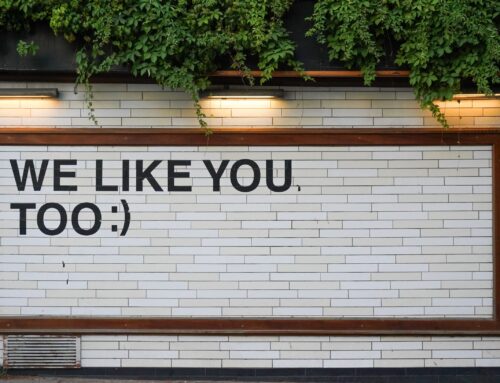Bias in recruiting Cultural talent
From the very beginning of our lives, we are being conditioned in how to behave, feel, interpret and think. Our values and beliefs are formed by our social and cultural environment (i.e. parents, friends, teachers, leaders, religion and so on). These thought patterns – biases – influence and determine our behaviour and actions in daily life. So what does this mean when you narrow it down to the process of recruiting Cultural talent?
In the Netherlands there is lots of attention (and funding) for attracting and promoting Gender Diversity in the top layers of companies, which is a good thing by the way. But what about our Cultural talent in the Netherlands? In my 16 years of working in the recruitment business, I believe we still have a long way to go.
My experience is that companies do not have much awareness and urgency for the subject, there is a lot of unconscious bias regarding other cultures. Accordingly recruiters and managers simply do not know how to adapt their interview skills when speaking to Cultural talent. Cultural sensitivity and Intercultural communication should be among the skills you can develop as a hiring manager and recruiter/HR professional in order to be more successful in attracting Cultural talent.
There is also negative role-modelling. Meaning that hiring managers speaking out of experience of hiring a cultural talent, lets say a Turkish university graduate, and expecting this new hire to integrate in the existing culture without any support and guidance. For example, making jokes about Turkish people in the presence of this new Turkish hire is presumed to be within the boundaries of the companies culture and accordingly it is expected you should cope with it. And when this leads to this person leaving the company, it is stated that this person could not adapt to the company’s culture which increases the already existing bias.
If a company truly wants to have a divers workforce which is aligned with its long term strategy then its HR, learning and recruitment strategy should also be aligned. The culture of the company will change accordingly with the people you want and need to hire in order to be a reflection of the markets you work in.
In order to do so people who are engaged in hiring (cultural) talent should broaden their cultural scope, skill set and be more aware of their own bias. This is absolutely a strategic imperative for companies who want to survive in a world that is getting more and more ‘smaller’ and thus more divers and complex.


